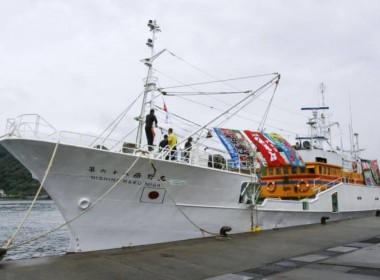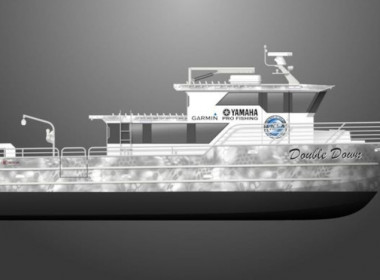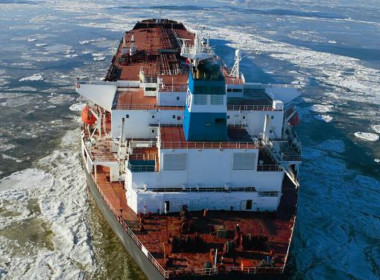Insurer ends coverage for vessel fleet used in illegal fishing

Norway-based insurance company Hydor has ended its contract with a fleet of vessels that were discovered to be fishing illegally across the Atlantic by the Environmental Justice Foundation (EJF).
Without insurance, the fleet operators are at risk of severe financial losses. Non-profit Oceana, which worked with EJF to warn Hydor about its unwitting association with an illegal fleet, said that other insurers should follow suit to tighten the net and make illegal fishing untenable.
Oceana added that the fleet was blacklisted by the International Commission for the Conservation of Atlantic Tunas (ICCAT) late last year after having been discovered engaging in illegal, unreported and unregulated (IUU) tuna fishing.
The operator took extensive actions that raise suspicion it was attempting to avoid any oversight for its suspected illegal activity. For example, the vessels appear to have started off flying the flags of one nation, only to switch to another.
Oceana said there is also “a good indication” that the vessels were “stateless” for a time i.e. registered to no country’s flag at all.
The EJF’s investigation further uncovered evidence that the vessels appeared to have changed names: they left West Africa under one identity and entered port in Mauritius using a different identity, switching ID codes mid-voyage on the AIS that is used by fishing vessels to prevent collisions.
The EJF’s investigations also revealed suspected illegal transhipments. Under this practice, vessels meet at sea to transfer catch, supplies, or crew.
Oceana said that while this can occur legally if properly registered and monitored, it is often used by illegal operators to “launder” fish caught illegally and perpetuate the abuse and enslavement of crew, by enabling vessels to stay away from port for months or even years.
By withholding coverage for vessels engaged in illegal fishing, insurers are reducing operators’ access to essential services that keep them in business. Alongside increasing financial risk for operators, this action could also prevent illicit operators from making fraudulent insurance claims after deliberately and unlawfully sinking their own vessels, an evasive tactic that has been attempted in the past.
In many countries, insurers are legally prohibited from supporting illegal fishing operations. Those who do may be at risk of prosecution, which can end in financial or even custodial penalties.
Oceana said that even in countries without these laws, it puts companies at increased risk of fraudulent claims, financial losses, and reputational damage.







